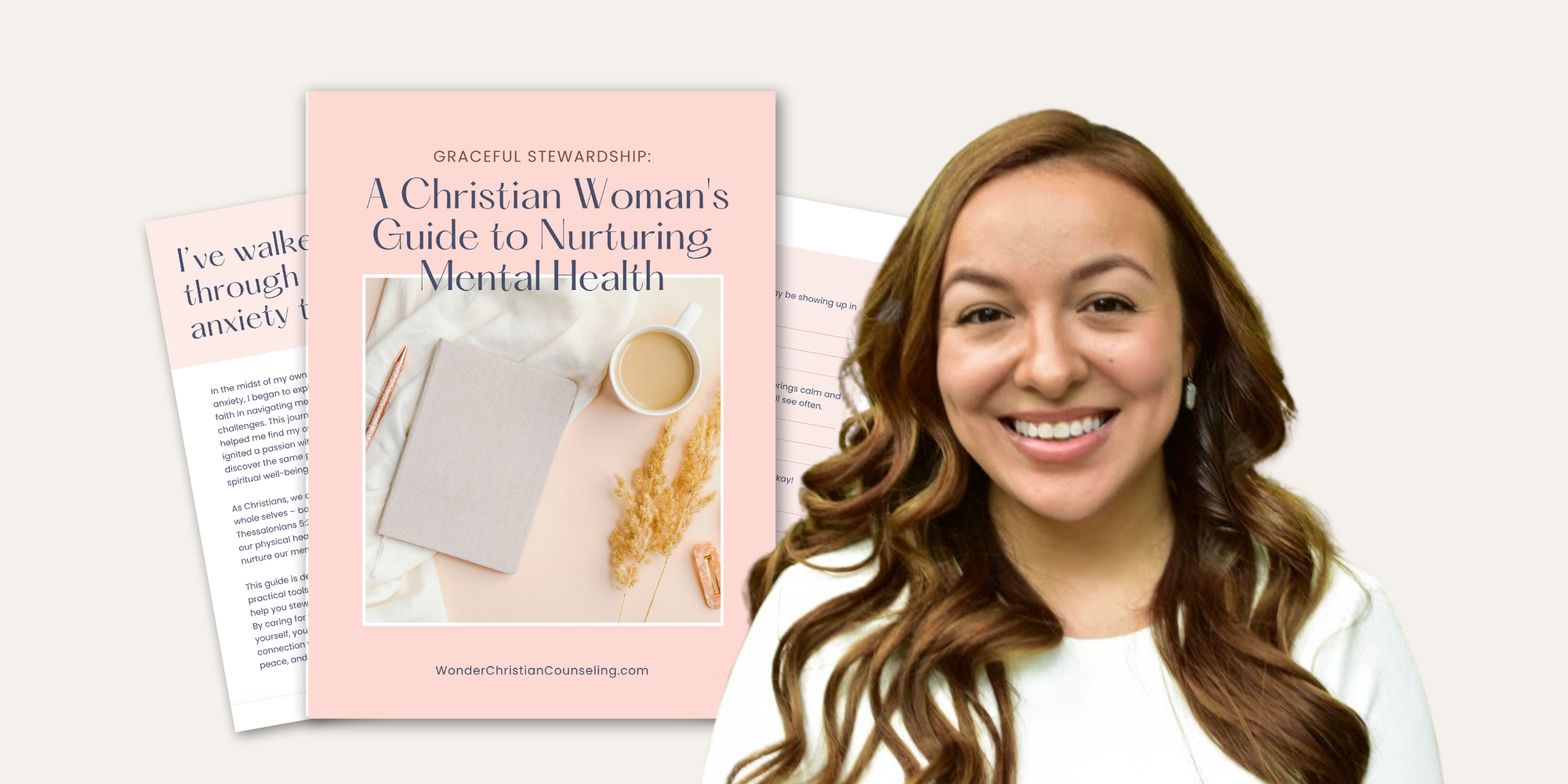The Coping Mechanism Trap: When Your Strategies Become Your Crutches
We all have them – those go-to strategies we reach for when stress hits, emotions flare, or life throws a curveball. Coping mechanisms, like exercise, journaling, or spending time with loved ones, can be lifesavers. They help us manage difficult situations and maintain emotional balance. But what happens when these coping mechanisms become a crutch, hindering our growth and preventing us from truly dealing with problems?
The Allure of the Familiar
Relying solely on coping skills can feel safe and predictable. They offer a quick fix, a way to numb the discomfort or escape the situation. But this short-term relief comes at a cost. By avoiding the root cause of our problems, we miss opportunities for growth and deeper understanding.
Here are some signs you might be stuck in the coping mechanism trap:
Constant Need to Cope: You find yourself needing to use your coping mechanisms more and more frequently, suggesting the problems you're facing haven't truly been addressed.
Emotional Avoidance: You use coping skills to shut down difficult emotions rather than process them in a healthy way.
Stunted Growth: Coping mechanisms become a substitute for developing new skills or addressing underlying issues that contribute to your stress.
Examples of Coping Mechanisms Gone Wrong
Retail Therapy: While a shopping spree can temporarily boost your mood, relying on buying things to cope with stress can lead to financial problems and clutter.
Social Withdrawal: While taking time alone can be healthy, constantly isolating yourself from loved ones to avoid difficult conversations can strain relationships.
Workaholism: Throwing yourself into work may distract you from personal problems, but it can lead to burnout and neglect other important areas of life.
Breaking Free from the Trap
So, how do we move beyond simply coping and start thriving? Here are a few steps:
Identify Your Triggers: What situations or emotions lead you to rely heavily on coping mechanisms?
Dig Deeper: Instead of just numbing the discomfort, ask yourself what these triggers are trying to tell you.
Develop New Skills: Learn new ways to address the root causes of your stress, such as communication skills, assertiveness training, or problem-solving techniques.
Seek Professional Help: A therapist can provide guidance and support in developing healthier coping mechanisms and addressing underlying issues.
Remember, coping mechanisms are tools, not solutions. While they can offer temporary relief, true growth comes from facing challenges head-on and developing the skills to navigate them effectively.
The Power of Vulnerability
Sometimes, the most effective coping mechanism is simply allowing yourself to feel your emotions. Vulnerability isn't weakness; it's the courage to be authentic and acknowledge your struggles. Sharing your feelings with a trusted friend, therapist, or journaling can provide clarity and open the door to deeper healing.
A Journey, Not a Destination
Developing healthy coping mechanisms is a lifelong journey. There will be setbacks and times where you rely more heavily on familiar strategies. But by being mindful of your triggers and seeking healthier ways to address them, you can break free from the coping mechanism trap and move towards a more resilient and fulfilling life.
P.S. If you're looking for more resources, grab my free guide on nurturing your mental health as a Christian woman. Grab it here! And for daily encouragement and reminders to prioritize your mental health, follow along on Instagram @WonderChristianCounseling. Plus, if you're in Texas and seeking therapy, I offer free consultations - check it out here!
While I am a licensed therapist, this post is for informational purposes only and may not be suitable for your specific situation. It should not be construed as medical advice. The information and education provided here are not intended to supplement or replace professional medical treatment, advice, or diagnosis. Always consult with your physician or a medical professional before trying or implementing any information read here.

